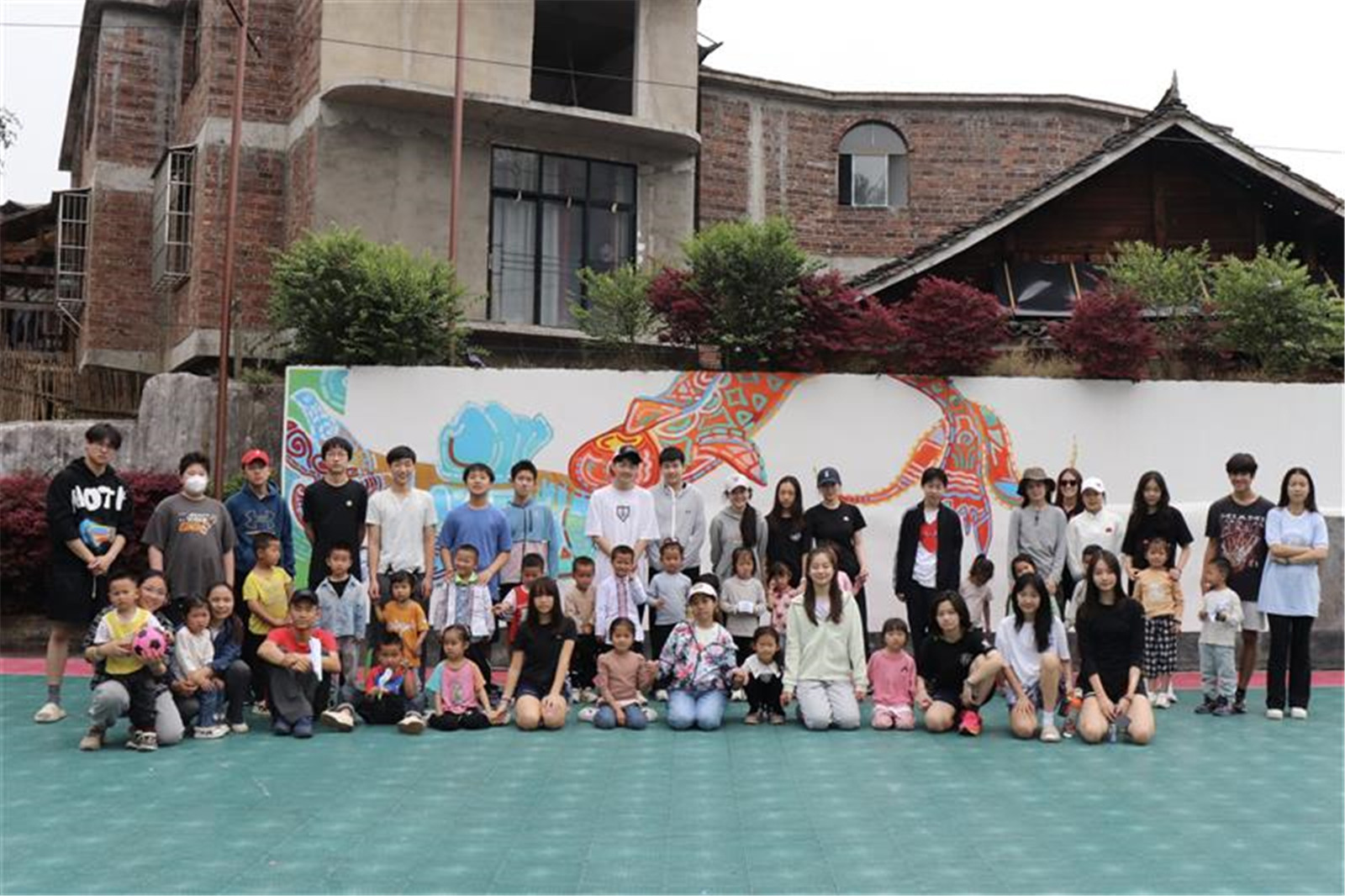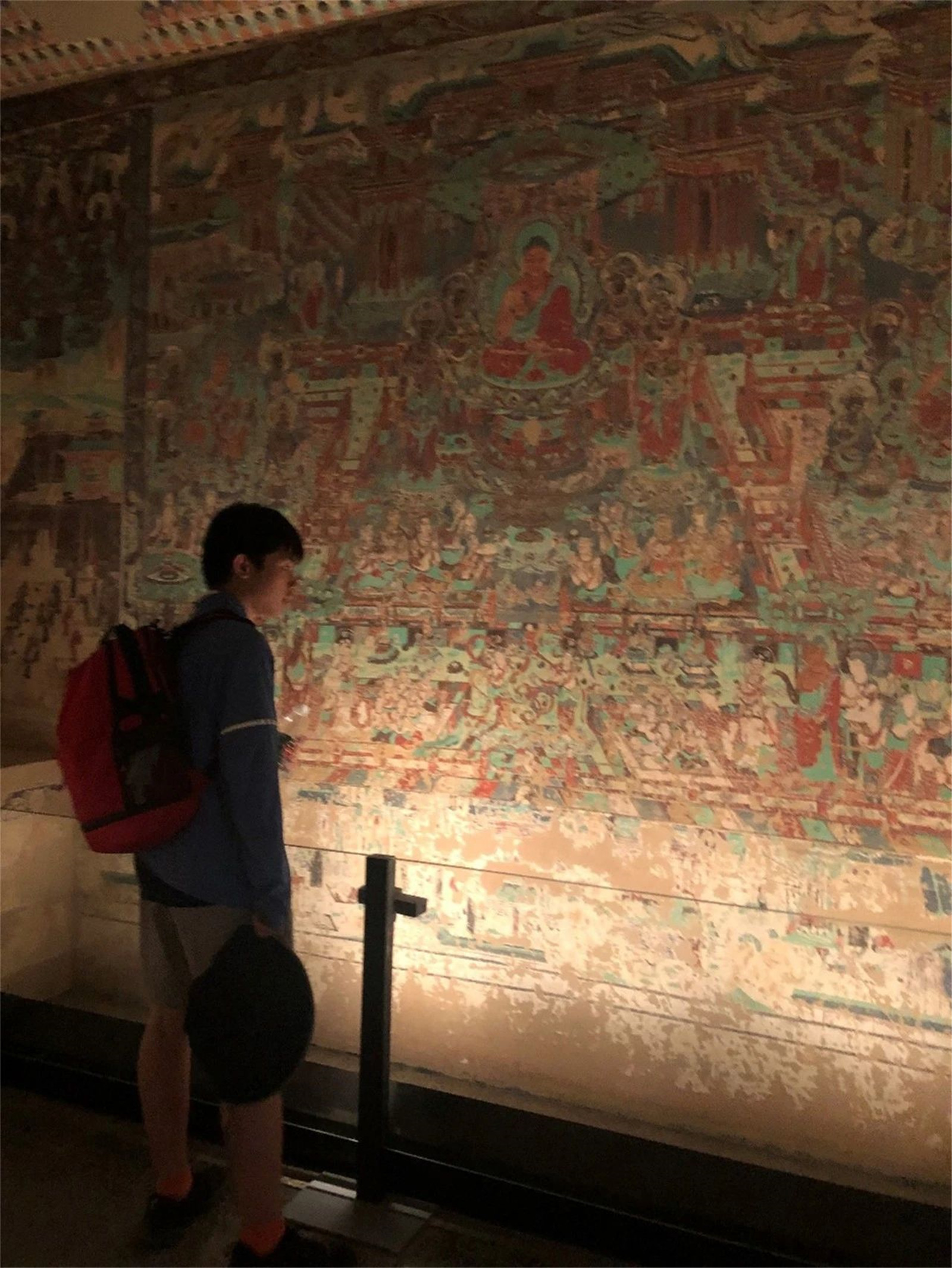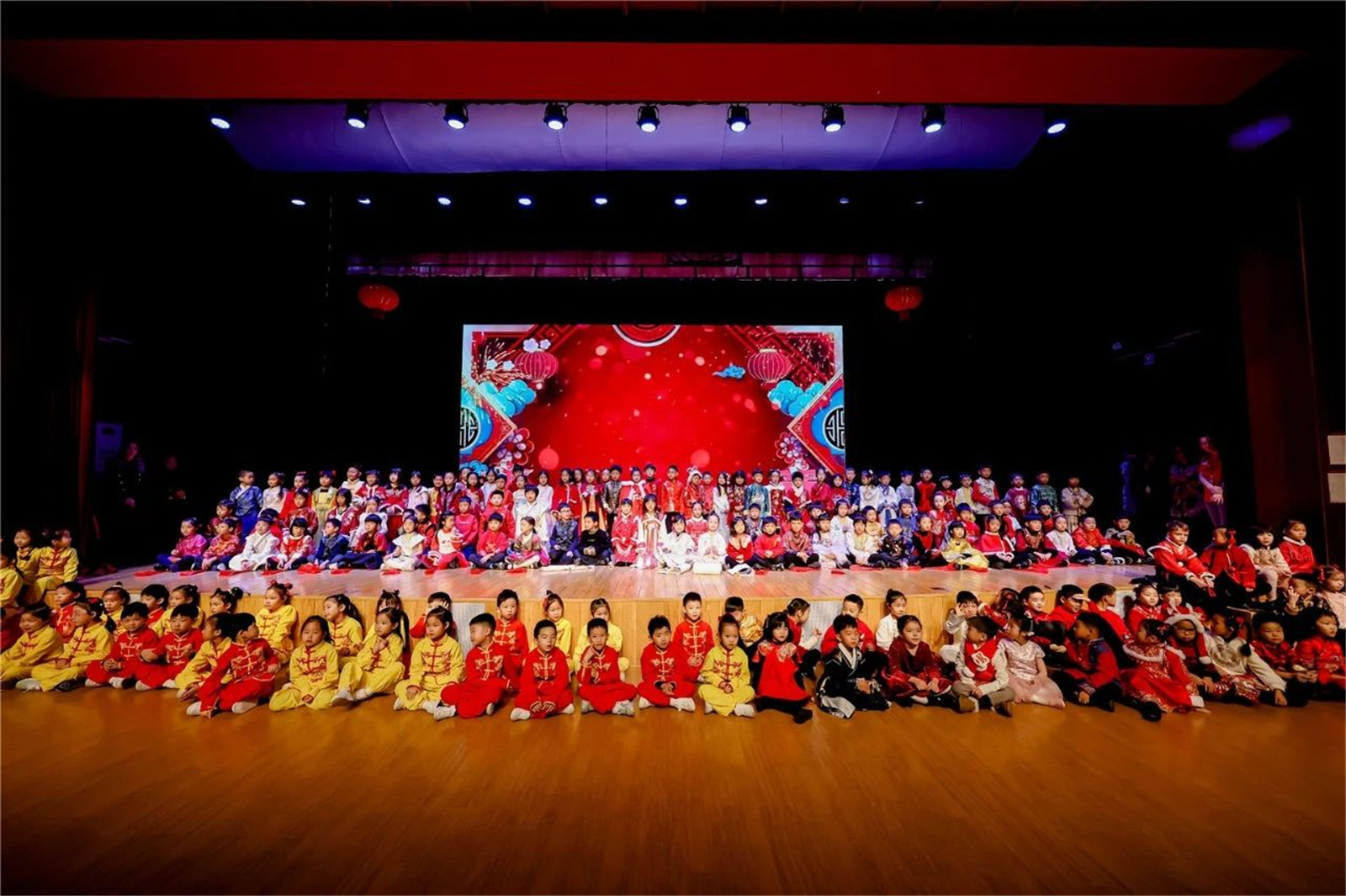6 Ways Dulwich College Beijing Helps Children Enjoy Learning Mandarin
From connecting with over a billion speakers to exploring rich cultural traditions, learning Mandarin offers unparalleled rewards.
Yet despite being the second most spoken language globally, its complex characters and tonal nuances make it a significant challenge for learners, especially those from a completely different alphabetical system. Below are some tried-and-tested strategies from some of our teachers to overcome these hurdles.


1. Choose an environment where students can see value in their learning.
Simply attending a Mandarin class doesn’t guarantee effective learning.
According to Head of Senior School Chinese Lu Chen and Senior School Mandarin teacher Sarah Guo, classes should be tailored to the student’s level and age, taught by an experienced and passionate teacher, and designed to motivate students to discover their own reasons for learning the language, whether for social interactions, cultural exploration, or academic purposes.
The more frequently and positively a language is used, the easier it becomes for students to recall and absorb it. Shared interests between students from different cultures can also lead to more enriching and multifaceted discussions, bridging cultural gaps and encouraging self-driven learning.
In DUCKS, for example, DUCKS Chinese Coordinator Laura Lu noted that children view Chinese as a tool for expression and communication, which helps them connect with others and understand Chinese culture. Junior School Chinese Lead Amanda Cui shared how older students take this further by using languages as a means of exploring different ways of thinking to grasp different concepts.

2. Emphasise effort over perfection.
As the adage goes, practice makes perfect. Remember to celebrate effort, small accomplishments, and milestones – and not just the results. Language learning is a journey, and not a race!
“Non-Mandarin speaking parents can also try to learn Mandarin and model this attitude to their children,” said Ms Guo. “There are many ways to practise together or support children, such as flashcards, games, online quizzes, or finding opportunities within our environment to help encourage continuous learning. Providing students with opportunities to use Chinese at home with their parents or guardians allows them to discuss topics they’re interested in.” Junior School-aged students also learn to read and write a large number of Chinese characters during this period, making it essential for parents to actively support their language development. According to Ms Cui, this is the ideal time to build a strong foundation in Chinese, so Mandarin language learning students should focus on strengthening their skills.
3. Have a robust curriculum that fits the children.
Once students are placed in suitable classes, it’s crucial to have a robust but flexible curriculum that teachers can manoeuvre around to adapt to students’ interests, needs, and learning styles. In DUCKS’ Dual Language Learning Programme, for example, the Chinese curriculum not only develops children’s language capabilities but also deepens their understanding of daily life in China. DCB’s Junior School Chinese curriculum is aligned with the Chinese National Curriculum and personalised based on the students’ Chinese language proficiency. So, students not only learn about Chinese culture, but also encounter different literary genres, structure their language and communicate their ideas clearly using Chinese language conventions and thinking.
Ms Chen shared an example of how content is tailored to students at DCB. Recently, some Senior School students were surprised to find an article in their textbook about universities using facial recognition to track attendance. What amazed them was not just the article’s content, but how recent news had been incorporated into their textbook. Ms Chen explained that DCB’s Chinese textbooks often include up-to-date content to reflect students' interests and make the material more relevant and engaging.
Learning Mandarin involves mastering complex characters, a challenge for many non-native Mandarin students who have described the learning process as ‘drawing pictures’ rather than writing words, requiring students to spend more effort and time memorising every radical’s stroke. According to Ms Guo, this is why teachers need to be creative and use a variety of motivational techniques, such as creative incentives, challenges, competitions and more.

DCB’s curriculum also stands out for its community aspect. With guest speakers, cultural events, and group collaborations, the curriculum fosters a collaborative learning environment that allows students to gain knowledge not just from their textbooks, but also from interacting with each other and their surroundings.
 Photo from Evan Y about a their tour to the Dunhuang Grottoes.
Photo from Evan Y about a their tour to the Dunhuang Grottoes.
4. Use language as a window to culture
“Mandarin is hard,” admitted Ms Chen. With a friendly expat community in Beijing and more locals learning how to speak English, it can be tempting for English-speaking foreigners to choose comfort over challenge. But taking up Mandarin shows an individual’s determination to make the most of their life in China, because “...learning a language gives students access to culture beyond translated explanations.”
At the heart of the DCB Chinese Curriculum is an unwavering resolve to infuse cultural experiences into the frame of language learning, and students undertake a cultural journey with each lesson. Chinese lessons for little learners can be broadened through various traditional Chinese culture-related activities and themes. Older students such as those in Junior School can take a deeper dive by learning Chinese historical sites and famous figures. Ms Cui explained, “Chinese class is more than learning language; it’s a conduit for students to understand Chinese history and culture.”
And curious kids learn better. “Last Spring Festival, students made intricate sugar paintings and learned the art of dumpling making,” Ms Chen recalled. “This led them to ask in-depth questions about local customs, such as Spring Festival couplets, that may not exist in their own countries.”
Ms Guo also shared how, for the Dragonboat Festival, teachers used a variety of ways to introduce the culture to students, such as introducing classical poems, breathtaking visuals of local sceneries, and even images of animals. Co-curricular activities, including student-led initiatives and service projects, residential trips, field trips, and service trips, help further promote cultural understanding.

5. Apply language in real-world contexts
Learning doesn’t end at the classroom door; it extends into the streets of Beijing, its aroma-rich restaurants, rejuvenating teahouses, charming labyrinthine hutongs, and even the picturesque outskirts and beyond. “We have many classroom activities that allow students to use Chinese to address real-life problems find solutions in authentic contexts,” said Ms Cui. For older students, Ms Chen shared how immersions provide a closer look at Chinese culture and an opportunity to engage with locals while honing their language skills in authentic settings. There are no grades to be earned, only new experiences to be discovered through the students’ own self-driven exploration.
 Students on the Yunnan Service Trip
Students on the Yunnan Service Trip
6. Build community support
As mentioned earlier, parents’ support in language learning is vital to their children’s progress. But as the adage goes, it takes a village to raise a child, and a school environment with a strong community means more resources to help encourage students to learn.
Both Ms Guo and Ms Chen spoke of when parents volunteered to become guest speakers, sharing their talent in poetry, cultural arts, and more. Students benefit from our parent-guests’ professional advice, deepening their interest in the culture and simultaneously developing their language skills.
Language learning should go beyond rote memorisation. Empowering students with language and cultural competence to navigate an ever-changing global landscape not only helps our students with their language capabilities but also to become future-ready. It is a trip worth taking in a world where bridges are more needed than ever.
This interview was originally conducted by DCB student Jason L, and originally published on JingKids.
About DCB’s Chinese programme:
Dulwich College Beijing is a leading international school in Beijing for students aged 3 to 18. DCB takes pride in its Chinese curriculum, which is designed with differentiated learning pathways to fit students from native to novices and those from diverse linguistic backgrounds. This approach fosters a deep interest in Mandarin and Chinese culture, ensuring each learner receives the support needed to excel.
DCB students have actively embraced opportunities in several external Mandarin writing competitions for international school students. Notably, in the 2023-2024 academic year alone, they achieved several impressive accomplishments, including:
Being shortlisted for the Hong Kong Young Writers Awards (HKWYA) 2024
Six students received Certificates of Achievement in the third Global Chinese Writing Competition for Young Writers, with two of them winning second and third place
The poetry works of four students were published in the collections of the 7th International School Chinese Poetry Contest.
 Jingwu F’s work was shortlisted for HKYWA 2024
Jingwu F’s work was shortlisted for HKYWA 2024








